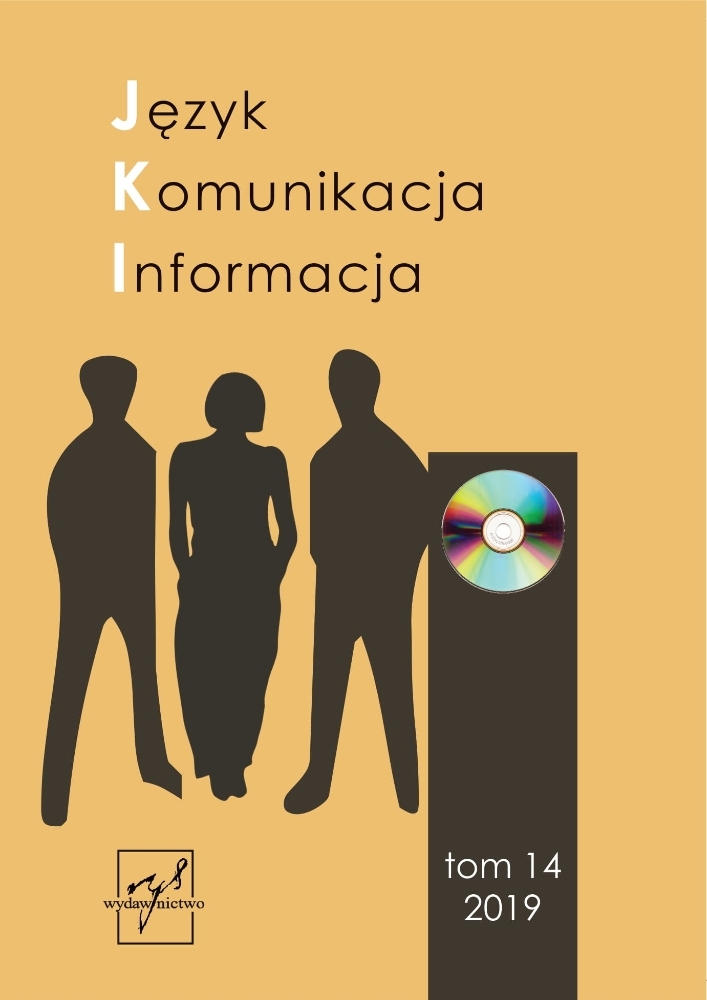Abstrakt
Opierając się na podejściu do polityki społecznej zorientowanym na koszty, dyskutujemy o tym jak podejmować decyzje dotyczące wdrażania praw mniejszości językowych. Dokonuje się przeglądu formalnego modelu działań politycznych i scharakteryzowana zostaje polityka efektywna kosztowo. Przedstawione zostają skutki – w wielu przypadkach absurdalne – zasady procentowej, zgodnie z którą prawa są wdrażane, jeżeli względna wielkość społeczności mniejszościowej osiągnie pewien poziom. Należy zatem zadać pytanie, w jaki sposób można zracjonalizować zasadę procentową. To znaczy, biorąc pod uwagę strukturę kosztów działań politycznych, czy reguła procentowa może być wyprowadzona z preferencji społeczeństwa? Autor dowodzi, że reguła procentowa jest „racjonalna” tylko wtedy, gdy większość populacji wykazuje preferencje dyskryminujące członków mniejszości. Ponadto należy narzucić wymóg, aby działania polityczne prowadziły do powstania konkurencyjnych, nieprzestrzennych dóbr. Oznacza to, że oprócz niechęci większości populacji do praw członków mniejszości, nie może być mowy o korzyściach skali w działaniach politycznych. W przeciwnym wypadku zasada procentowa jest bezużyteczna jako instrument ukierunkowujący wybór działań politycznych dotyczących mniejszości.
Licencja
Polityka Open Access: Czasopismo zapewnia natychmiastowy, otwarty dostęp do wszystkich swoich treści zgodnie z zasadą, że badania swobodnie dostępne zwiększają i przyśpieszają globalny rozwój nauki i wymianę wiedzy.
Nadsyłając zgłoszenia, Autorzy zgadzają się na to, że artykuły w niniejszym czasopiśmie są publikowane w otwartym dostępie (Open Access) i podlegają licencji Creative Commons w wersji 4.0 BY-NC-ND.
